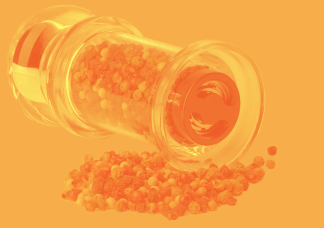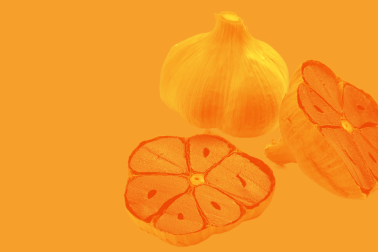The below statement is from our packaging supplier
“Do the best you can until you know better. Then when you know better, do better.”
– Maya Angelou
As we move closer to the 2030, Circular Economy Goals there is increasing media attention to the sustainability and end of life process of food packaging. With increasing media attention, we understand how important it is for you and your customer choose a sustainable packaging solution.
Over the past 18 months there has been an increase in the number of packaging products claiming to be a sustainable option. We at Packaging Mode, have the strong sense of responsibility and want to provide our customers with a packaging solution that will, protect their product, allow their brand to shine, and maintain the shelf life of the product whilst causing the least possible amount of impact to the planet.
Thus, as new solutions come onto the market, we have taken the time to research them thoroughly and insure we are providing our customers with solution they can be proud of. We feel that the solutions claiming to be compostable, biodegradable, marine degradable are not quite there yet.
Allow me to explain, in order to break down efficiently marine degradable packaging requires two things, firstly it needs direct sunlight secondly it requires water to be 50°C, this is not an environment that naturally occurs meaning marine degradable is not the solution in promises to be initially.
The biodegradable options we have researched use micro-plastics, so when the plant-based resin breaks down it leaves micro-plastics. These micro plastics are tiny particles of plastic that work their way into the food chain, micro plastics have been banned by the UK and the European Union.
The compostable solutions we’ve research need fresh air and sunlight in order to break down, this is not the conditions we can expect in the standard UK landfill, without fresh air and sunlight, methane gas is released while the degrading process take place, it is understood the impact of this is four times worse for global warming, than traditional plastic decomposition.
These three options have been marketed as sustainable eco-friendly solutions but on further reflection appear to be knee-jerk reactions to public demand and actually cause a lot more harm than traditional recyclable PP. We believe this is the reason why most of the UK supermarkets set their goals to achieving fully recyclable packaging by 2025 and not biogradable alternatives.
Currently the UK infrastructure is not equipped to deal with high-volumes of compostable packaging material, and the end user is unaware that placing a compostable packaging in the recycling can contaminate causing problems for the recycling machines and process.
The current infrastructure is streamlined to help the end-user recycle packaging correctly. With this in mind we feel it is more responsible to work with the system that is already in place and use a widely recyclable product.
The IML tubs we produce are quite interesting, in that the labels printed onto a PP film and the pot is made of PP resin, so when it goes through recycling process it is one material which can be easily and widely recycled. Unlike your standard ice cream tubs or coffee cups where the polyethene layer needs to be removed from the card in order to be recycled.
The current system in the UK has 99% kerbside collection for recycling so it is easy for the end user to know how to depose of the packaging. Not to mention with the resealable design means the end user can find many uses around the home to continue the life span of these handy little tubs.
Having ascertained that the PP IML tubs tick the boxes for end of life we took a look at how to improve the products sustainability in production, firstly we considered using a recycled resin to create our pots, we quickly learned food grade PP needed to be chemically recycled, there are currently only 2 recycling plants in Europe with this capability and the recycled material is exceptionally expensive. The other type of plastic commonly used for food packaging is PET which is capable of handling the kind of temperatures, required for recycling into food grade PET or rPET as it is known, however Coca Cola have committed to using this raw material to produce their bottles which is using up the majority of this material.
We looked at an environmental comparison of PP to PET, PP has a carbon footprint of 24% lower than PET, a report by Intertek explains this in real terms explaining.
“If Europe’s leading new cars emit around 160 grams CO2 per km, the carbon footprint saving achieved by moving from a tonne of PET to a tonne of PP is equivalent to not driving around 6,700km.
That’s further than driving from Madrid to Stockholm and back again! “
Based on this information we feel that although it is imperative that we behave responsibly and ensure the packaging we supply does not have a negative impact on our planet and environment. Our tamper evident IML pots have a low carbon footprint and are easily recycled within the current infrastructure. Meaning they protect your product, branding, and the planet with a humble efficiency.
However, we of course continue to keep abreast of new and innovative solutions. Like Maya Angelou, we do the best we can until we know better and when we find a way of doing better, we will…



